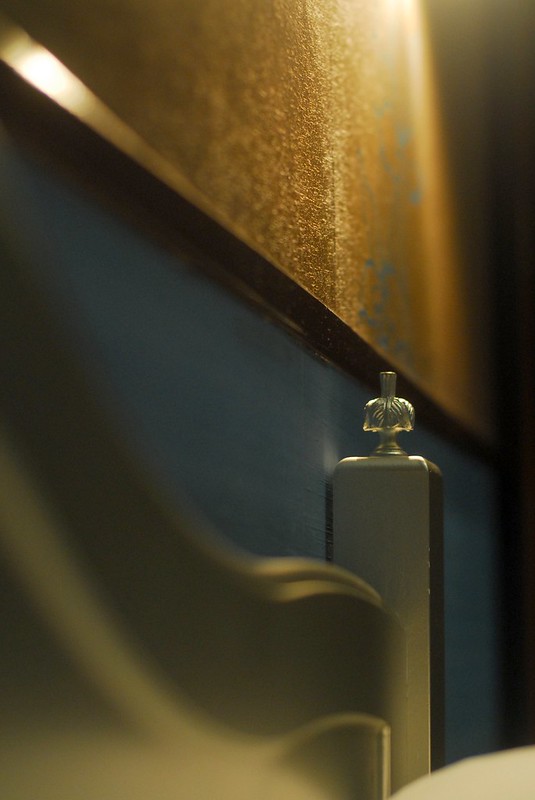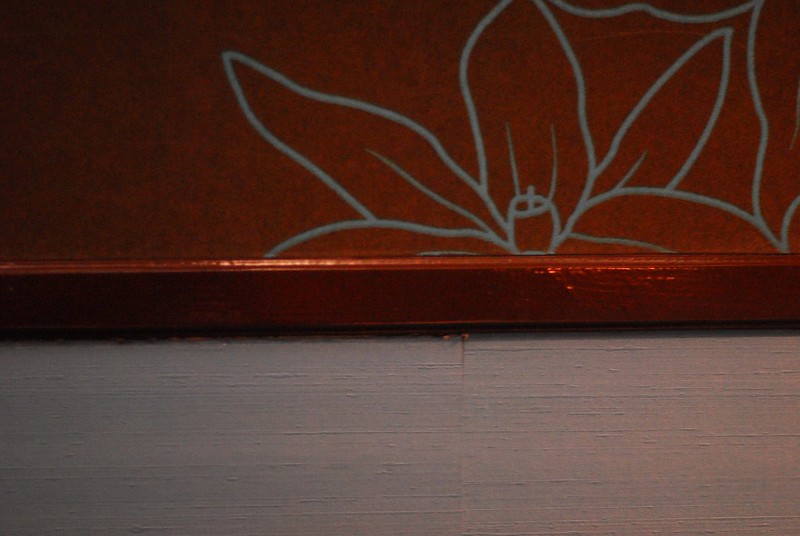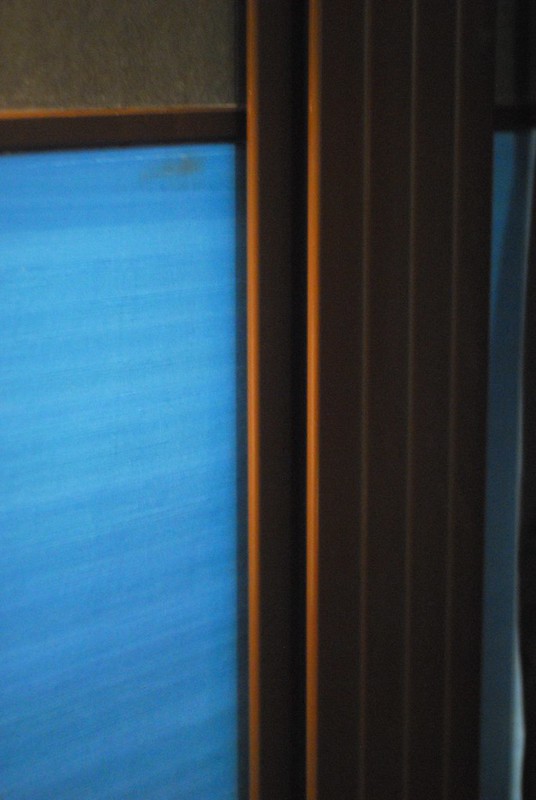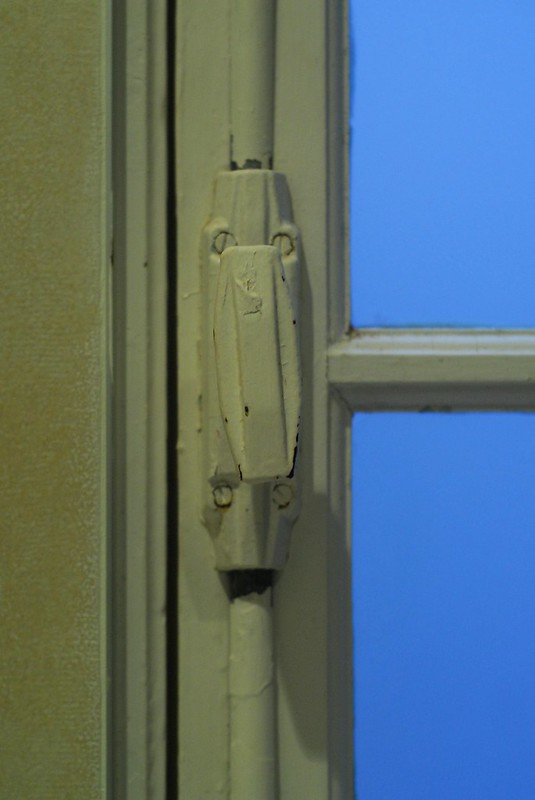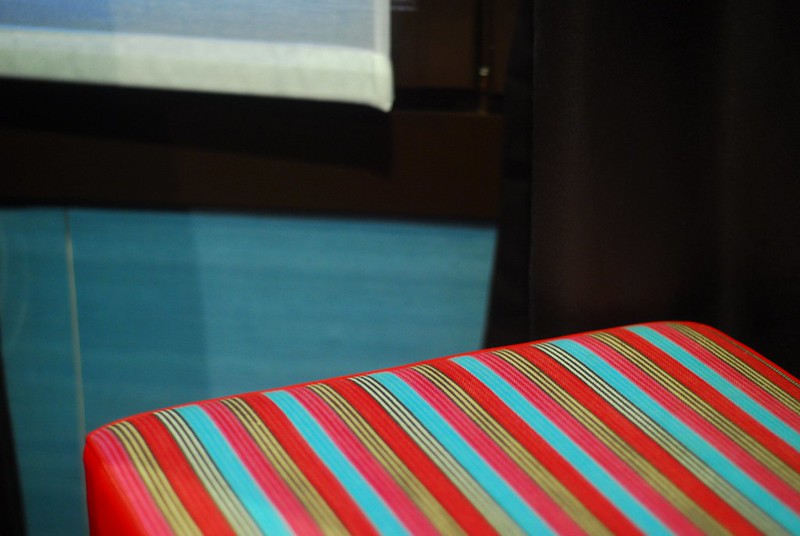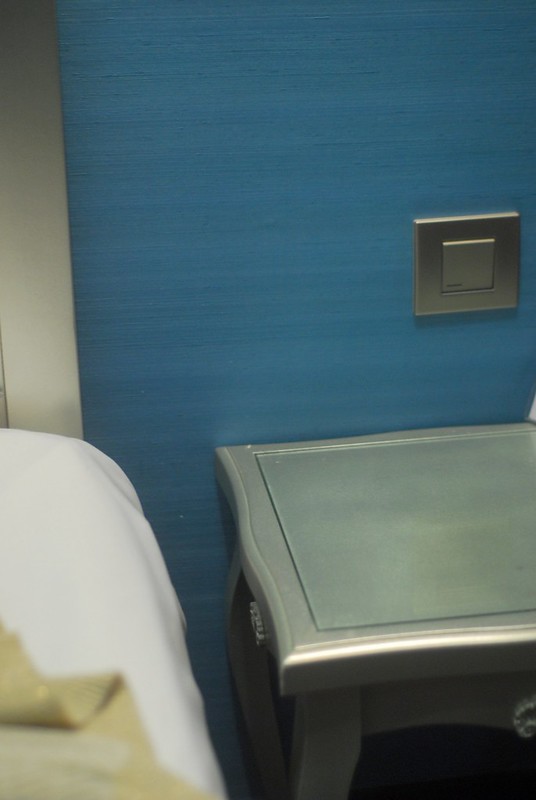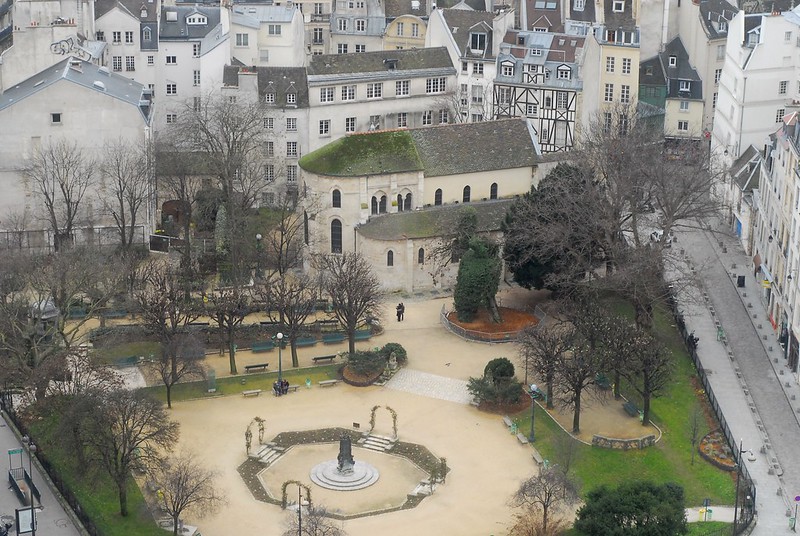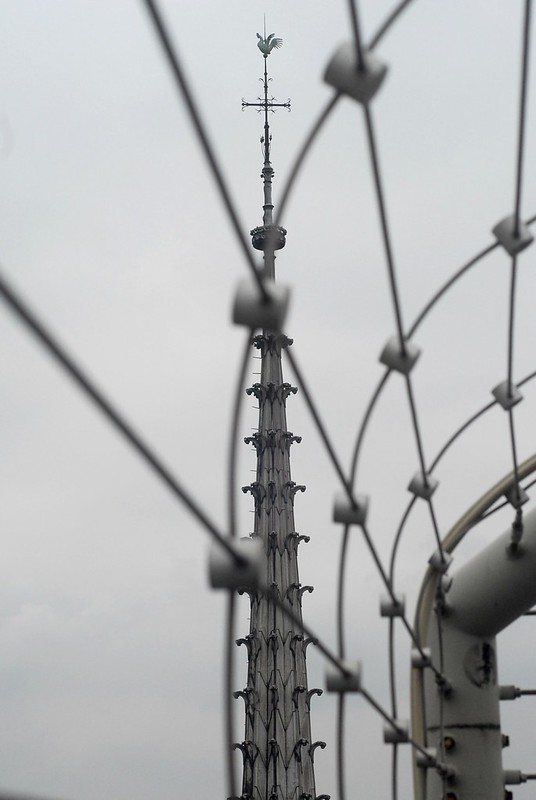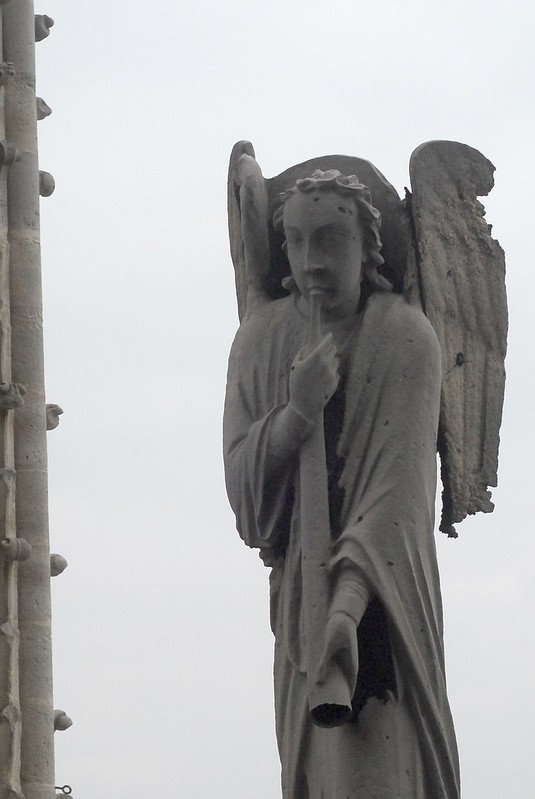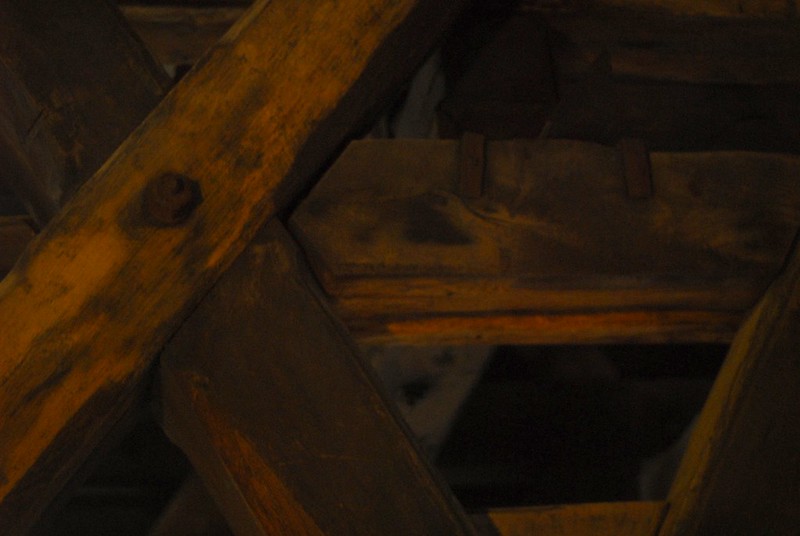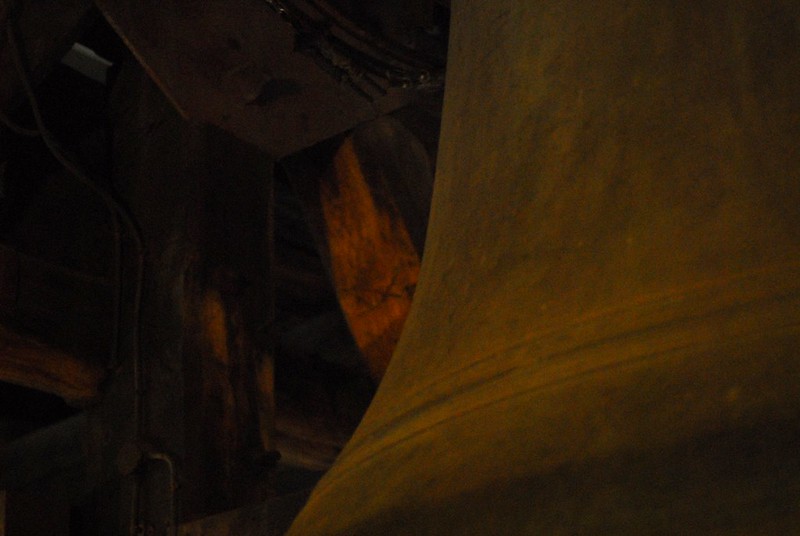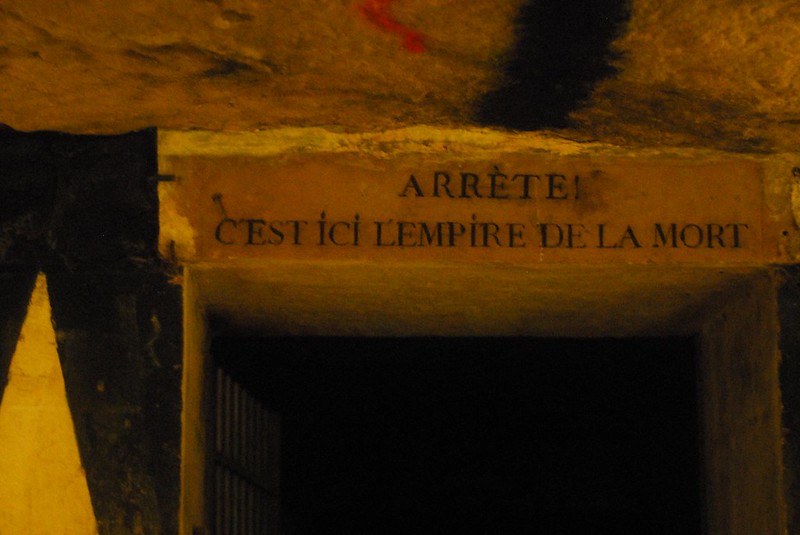Spearhead From Space
In which we worry that the PM is a potential Doctor Who villain
Since the election, I’ve felt a bit sorry for Gordon Brown, what with all the people who have rushed to gloat and put the boot in since his progressive downfall started. Last week’s Have I Got News For You featured a montage of his strained-looking toothy smile, his clunky body-language, as if the ability to smile and shake hands smoothly was indeed what really mattered in a leader. I can sympathise partly because my own smiles are often as bad as his, especially if I’m trying to pose. When I’m smiling for the camera, everyone else shuffles their feet and small children run away crying; so when people make fun of Gordon Brown for suffering the same problem, he definitely gets my sympathies.
People’s reaction to his clunkiness, though, just goes to show how much people are concerned today with style and slickness over intellect; and Gordon Brown’s defeat, which people are already treating as much less narrow than it actually was, is only going to reinforce that. When we see David Cameron and Nick Clegg standing together, I get an uneasy squirming horror-film feeling that something is not quite right: that we’re not watching real people, but some sort of shiny artificial human-mimicking lifeform whose twin bodies are slowly converging onto one set of features. By the end of this parliament, we’ll be ruled by Cameregg, one creature with two identical bodies, identical faces with features so blandly generic you could barely pick them out from a crowd. Ed Balls, and the Miliband brothers, might well be part of the same species: some sort of bizarre alien trying to put on a human face but turning into an inhuman everyman. It might just be the effect of modern spin-driven media-friendly politics – or maybe the Autons are real after all.

 Home
Home